South Africa's steel industry is facing a serious crisis in recent years. From 2018 to 2024, steel imports have increased by 136%, negatively impacting domestic production. Particularly, the subsidized production supported by Asian countries through export-oriented strategies is threatening South Africa's dominance in the domestic market. This situation is significantly weakening the competitiveness of local producers.
The closure of production units by major manufacturers such as ArcelorMittal South Africa (AMSA) has increased job losses in the sector and put economic stability at great risk. Rising energy costs, aging infrastructure, and logistical issues are eroding the competitive edge of producers. These challenges are leaving the domestic industry in a difficult position not only in the local market but also in exports.
The South African Steel and Metal Fabrication Master Plan (SMP), launched in 2021, aimed to revitalize the sector; however, it appears to have created more dependency on imports rather than supporting domestic production. The increase in import tariffs is raising production costs, making local manufacturers disadvantaged against international competitors. Additionally, infrastructure deficiencies and logistical barriers are also negatively impacting the sector.
South African producers are calling for an urgent policy change for the future of the steel industry. They stress that the International Trade Administration Commission (ITAC) needs to accelerate the process of reviewing steel tariffs. However, public intervention alone will not be sufficient; investment in technological innovation, energy security, and green steel technologies, in collaboration with the private sector, is necessary. Without these efforts, they fear that South Africa could become completely dependent on foreign steel production, which could pose significant risks to both employment and economic development.


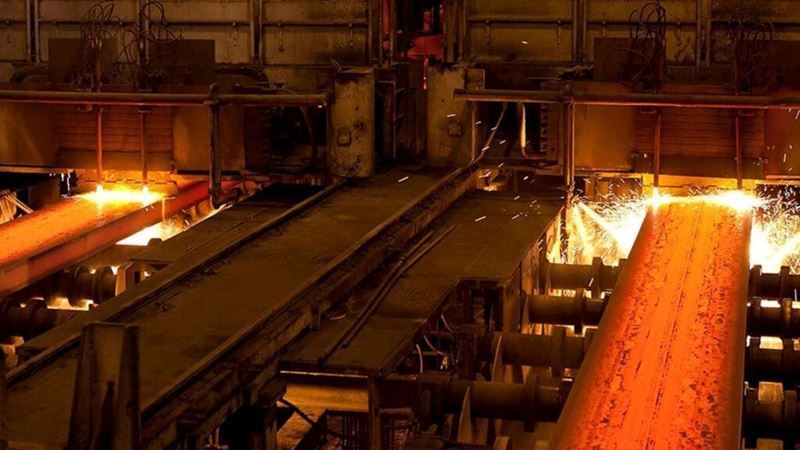
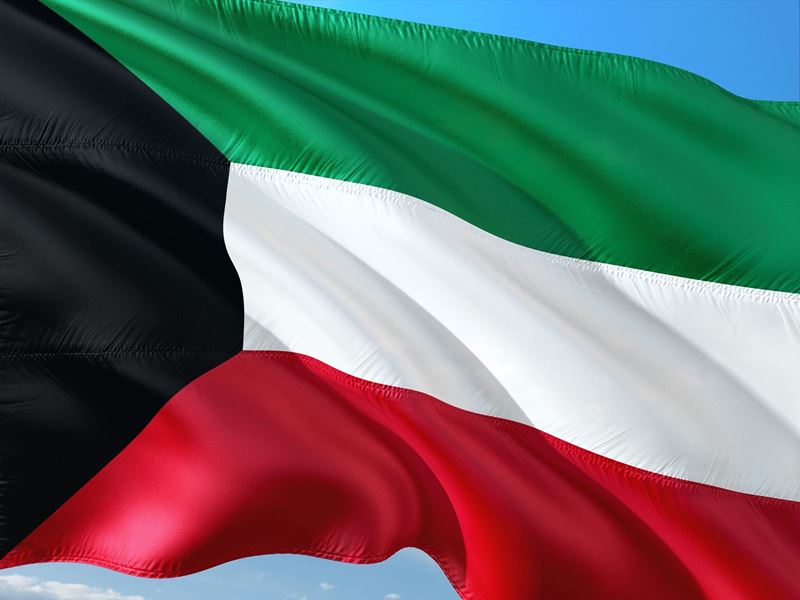
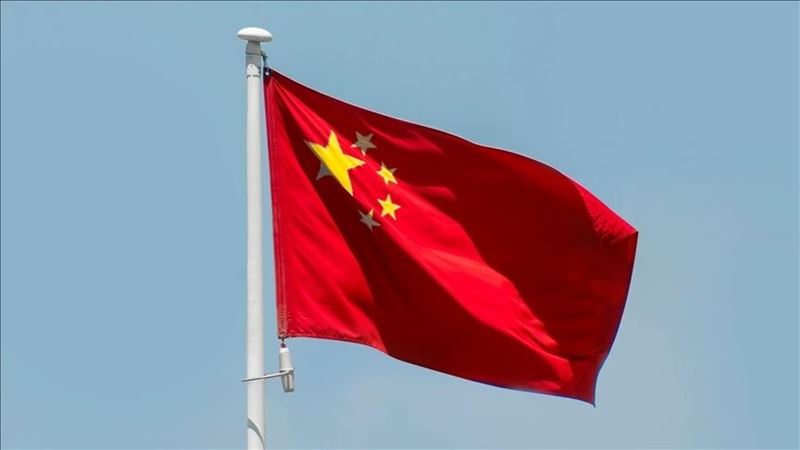
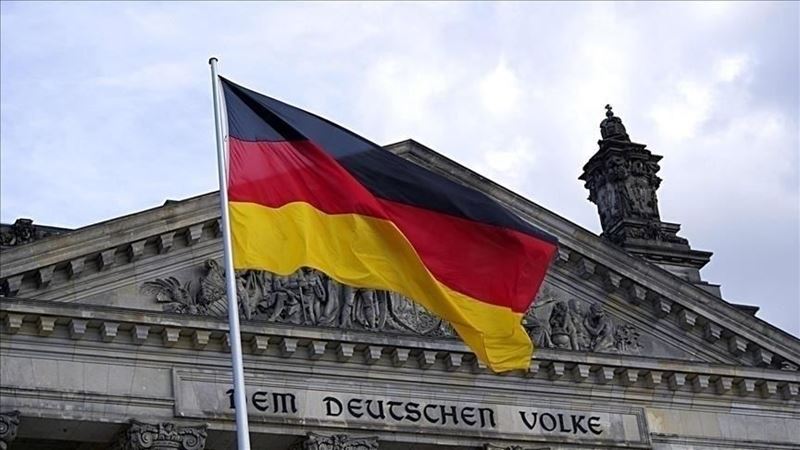
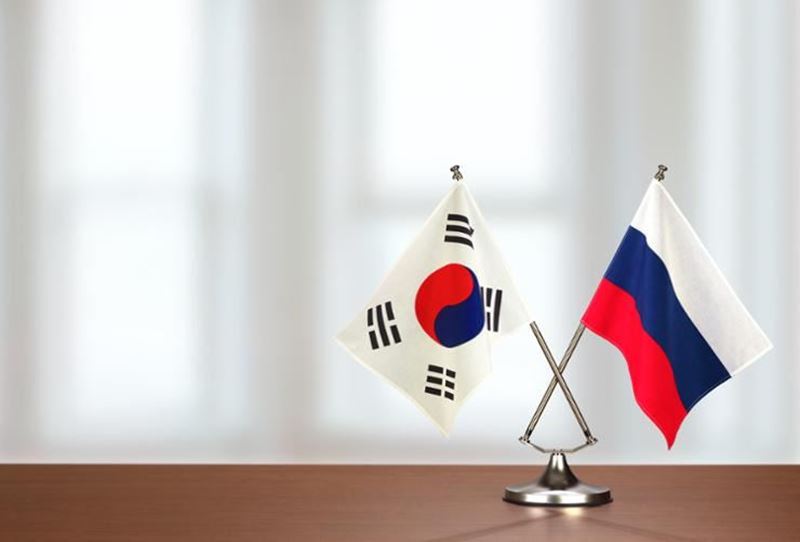
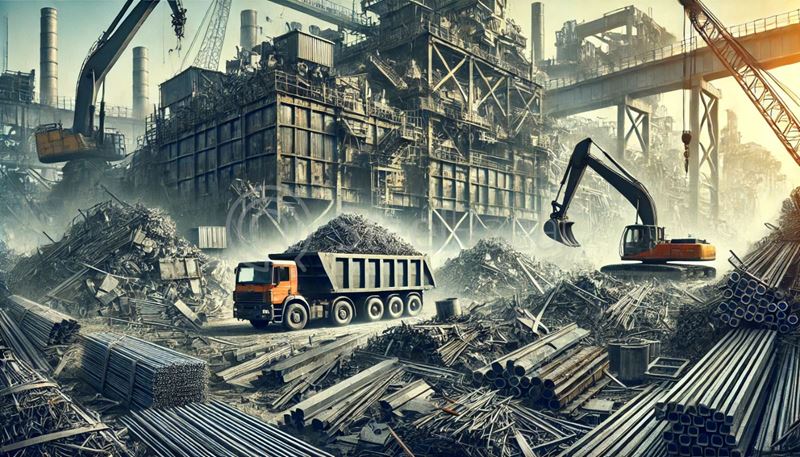

Comments
No comment yet.